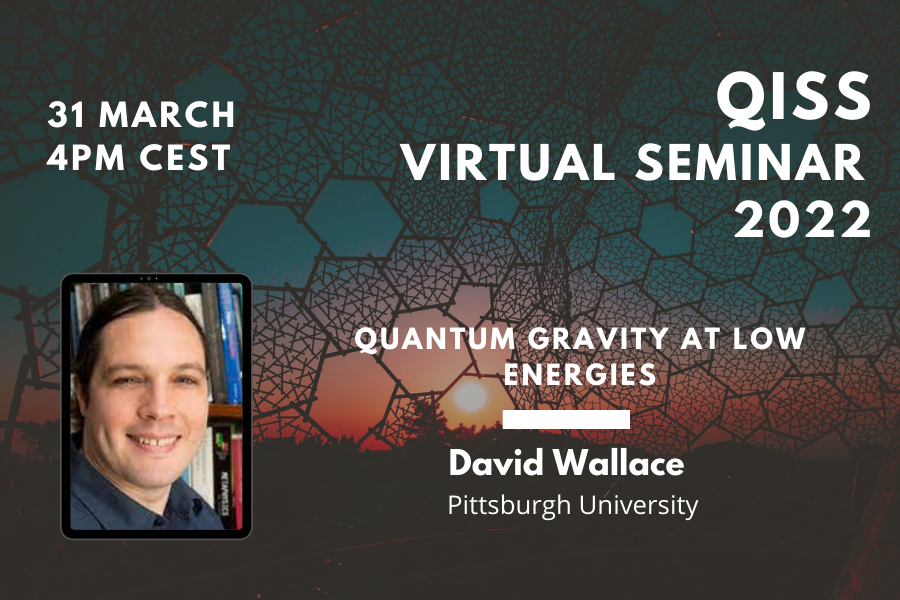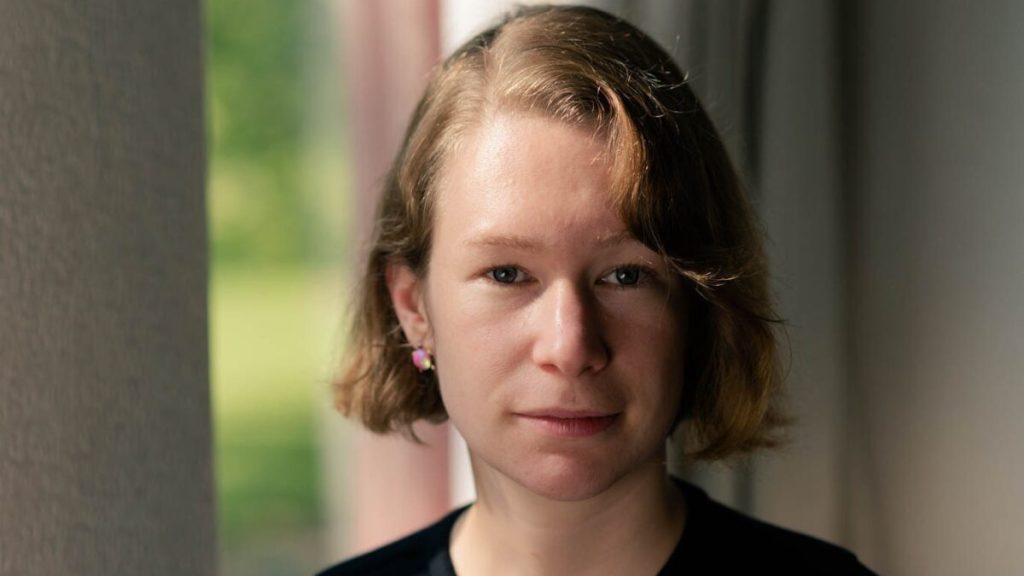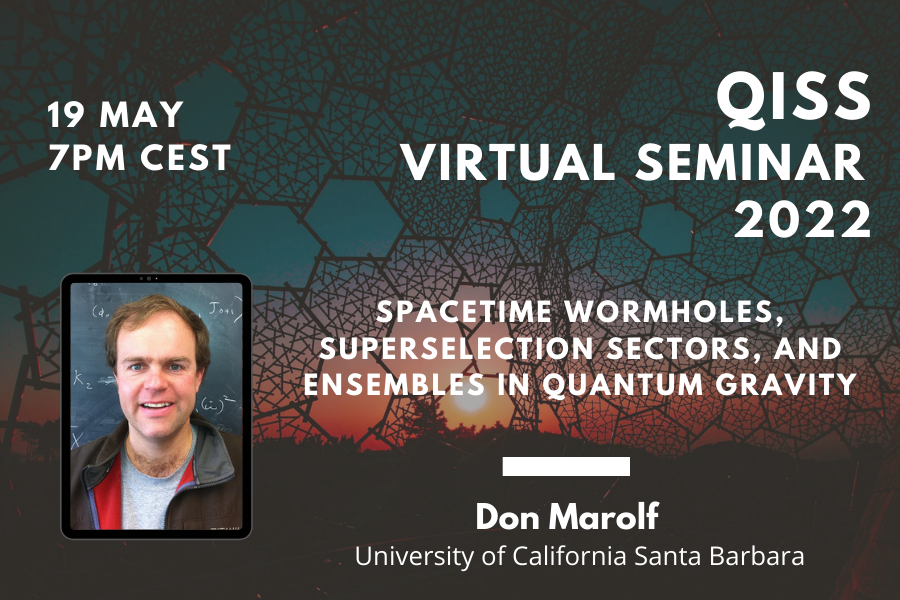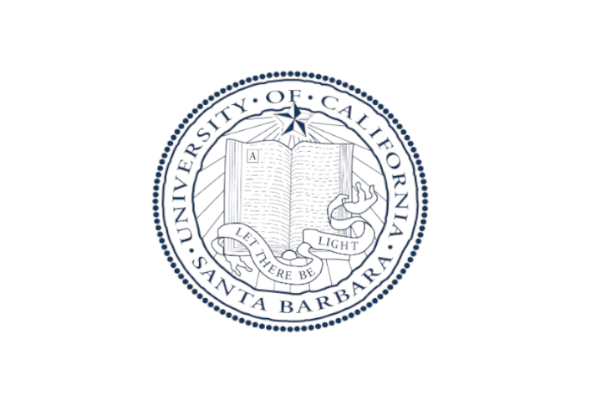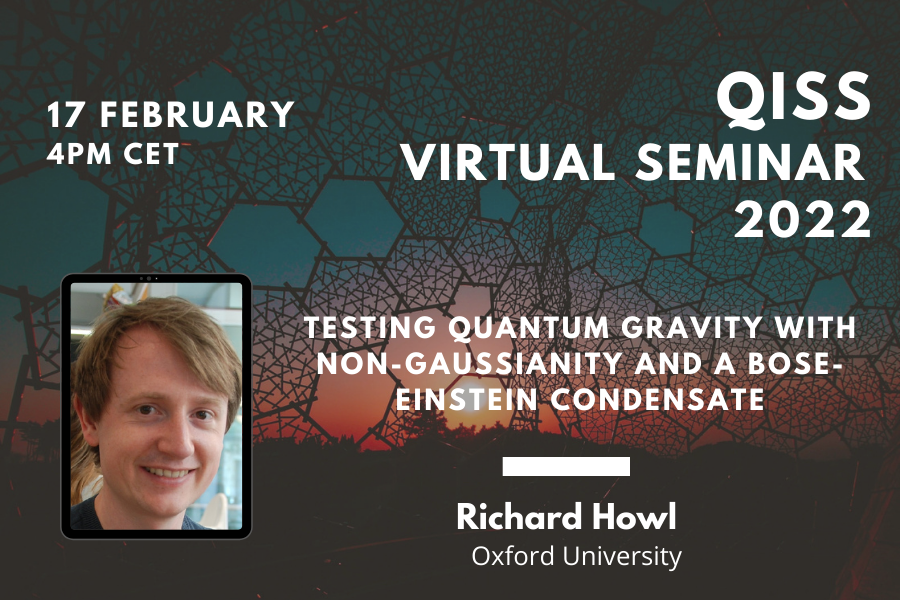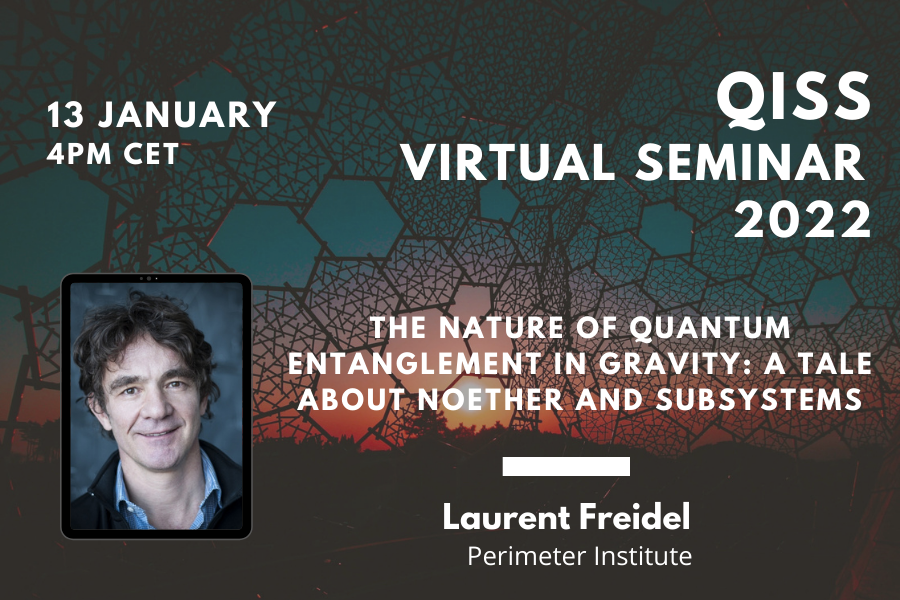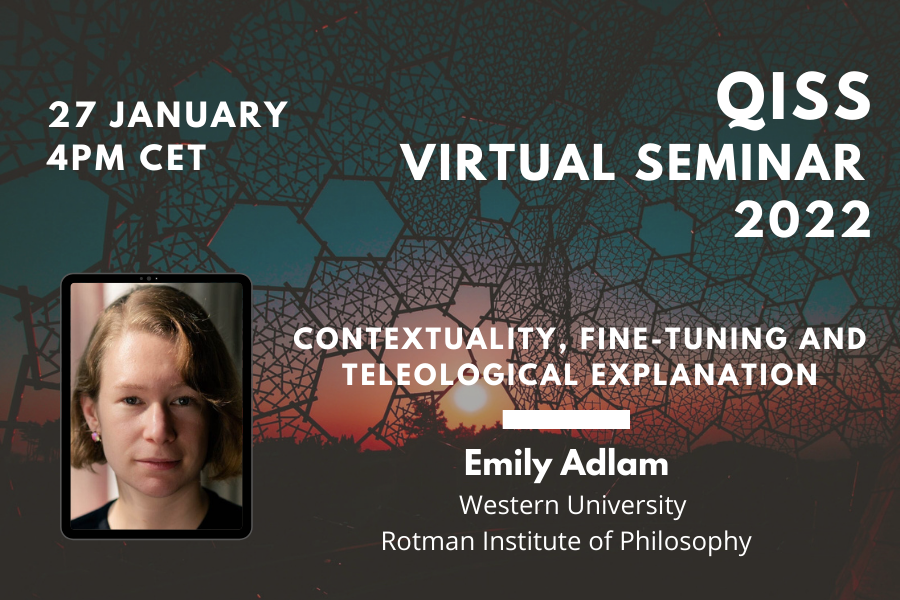David Wallace
Pittsburg UniversityQuantum gravity at low energies
I provide a conceptually-focused presentation of `low-energy quantum gravity’ (LEQG), the effective quantum field theory obtained from general relativity and which provides a well-defined theory of quantum gravity at energies well below the Planck scale. I emphasize the extent to which some such theory is required by the abundant observational evidence in astrophysics and cosmology …
David Wallace
Pittsburg UniversityQuantum gravity at low energies Read More »
